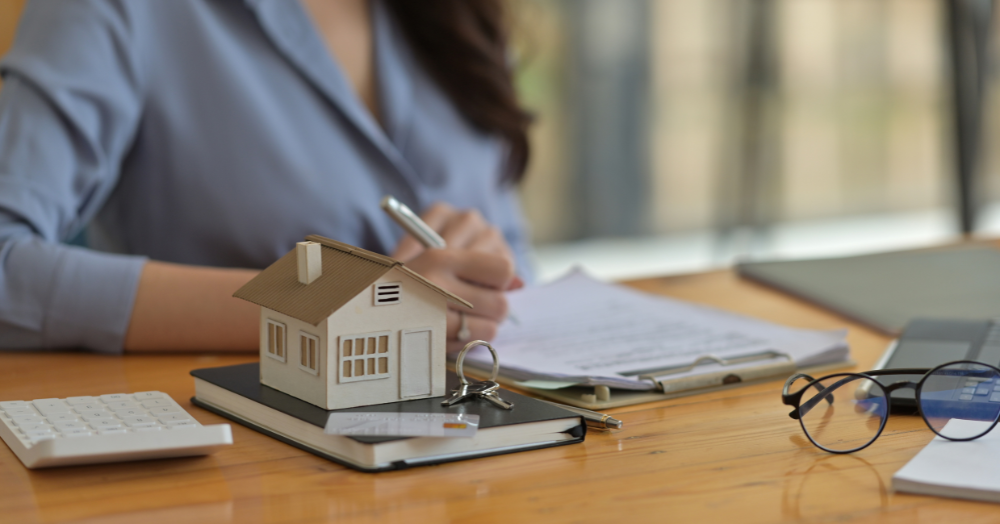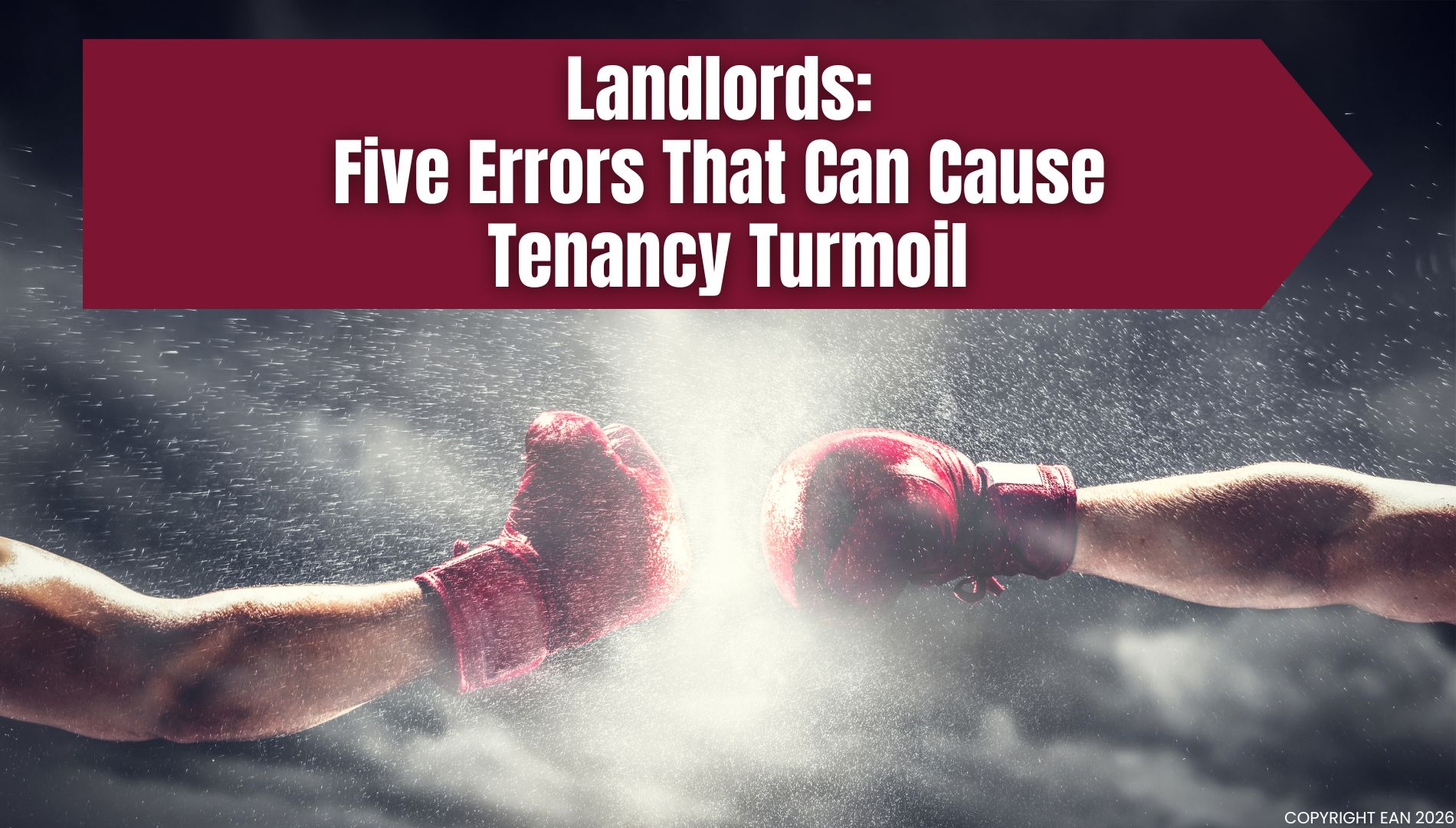Do you own a leasehold property? Do you know how much is left on your lease? Read this article to learn more about why you should know how long is left, particularly before you try to sell.
When buying a property, you must make sure that you check the tenure - which means how the land is held and owned. A freehold property is largely understood as fully owned property, meaning that you also own the ground on which the property is built. For example, if there was some kind of catastrophe and your property was damaged beyond repair somehow, you would be left with a plot on which you could rebuild another property. In contrast, if your property is leasehold, you don't own the land on which the property is built.
PropertyMark defines leasehold tenure as "You are purchasing a lease from the freeholder for the right to live in the property for a set number of years. You won't technically own the property outright; the freeholder (or landlord) will continue to own the property and the ground it sits on."
Many properties have leases granted for 999 years, offering a sense of long-term security that you or your family in the future will likely never have to worry about. This extensive lease period can provide a strong sense of reassurance and confidence. But what if a lease was granted for 100 years 50 years ago? At what point should you be thinking about the length of time on a lease, and how many years is considered 'short'?
The Money Savings Expert says, "The golden rule is that it becomes significantly more expensive to extend once leases drop below 80 years. So, if your property has between 80 and 90 years remaining, buyers may factor this future expense into any offer they make. If your property has less than 80 years remaining on the lease, buyers may struggle to get a mortgage on it, even if they did want to make an offer."
They continue, "If you've got a short lease but opt not to extend it, be prepared for buyers to use this as leverage to haggle on the asking price, as the buyer wouldn't be able to extend it themselves until they've lived in the property for at least two years. If a buyer insists you extend the lease as part of the sale, beware that the legal process can take at least a few weeks – if not longer."
So, if you are living in a leasehold property or are considering buying one, what do you need to know?
- How long is left on the lease? If it is 100 years or more, then you will likely have nothing to worry about.
- How do you go about extending the lease if and when the time comes to do so? It might not be relevant right now, but it is important to know that it is possible and the process to do so in the future.
Leasehold agreements are more often than not very straightforward and shouldn't put you off buying a leasehold property. The key is to make sure that you fully understand what you are buying and the terms and conditions involved so that you can make an informed decision. If you are planning on selling a leasehold property, it is wise to have your lease details to hand.
For more information about buying or selling a leasehold property, get in touch with our property team.


 By
By 



Share this with
Email
Facebook
Messenger
Twitter
Pinterest
LinkedIn
Copy this link